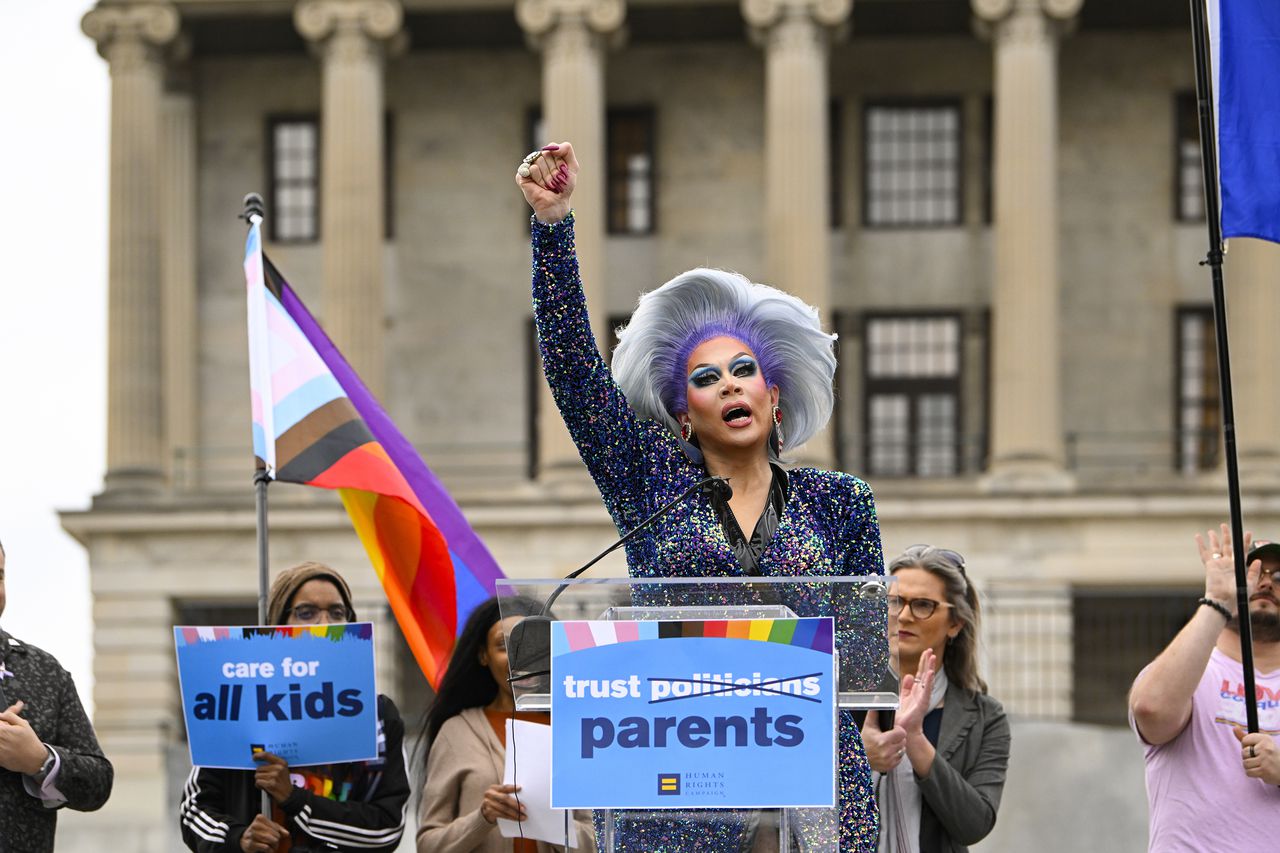ACLU and Tennessee city settle lawsuit over controversial LGBTQ events ban
LGBTQ+ advocates have settled with the city of Murfreesboro, Tennessee, terminating an anti-queer ordinance that banned all events — including drag shows, pride celebrations and parades — organized by the Tennessee Equality Project, the founder and host of the annual BoroPride Festival.
The American Civil Liberties Union, ACLU of Tennessee, and law firms Ballard Spahr and Burr & Forman sued the city on Oct. 6 for discrimination and censorship of the queer community. On Wednesday, advocates announced that Murfreesboro officials agreed to repeal the ordinance and accept all permits from TEP in addition to paying $500,000 in restitution.
“We celebrate the resolution of this case because it has guaranteed the rollback of a discriminatory policy and affirmed our right to host BoroPride,” said TEP executive director Chris Sanders in a statement. “Now we can turn our attention to preparing for the 2024 BoroPride festival and defending the rights of LGBTQ+ Tennesseans at the state legislature.”
The lawsuit was filed in Tennessee last year after advocates noted a “concerted anti-LGBTQ+” year-long campaign by City Manager Craig Tindall and Murfreesboro Mayor Shane McFarland.
The city of Murfreesboro denied BoroPride a permit in November 2022 after Tindall accused the festival of exposing “children to a harmful prurient interest,” the Tennessean reported. TEP has hosted the event for 7 years.
Following that, the city issued an ordinance, described as “sweeping and vague” by opponents, attempting to censor “homosexuality” and queer speech and conduct in the community, including banning some books from public libraries.
Last November, city officials “quietly” amended the ordinance, removing “homosexuality” from the definition of “sexual conduct,” after the ACLU and other organizations filed the lawsuit. The Murfreesboro City Council repealed the rule completely in late December.
Tindall, responsible for issuing the bans last year, will be forbidden from reviewing any of TEP’s future requests.
“The government has no right to censor LGBTQ+ people and expression,” the ACLU and attorneys said in a joint statement. “This settlement sends a clear message that the city’s discrimination against the LGBTQ+ community was blatantly unconstitutional and that this type of behavior will no longer be tolerated here – or anywhere across the country.”
This is one of a recent slew of First Amendment battles for the Tennessean queer community. In May, the city of Franklin tried to ban conduct that did “not align with generally accepted community standards of behavior.” This included the city’s annual pride festival and drag shows. The unpopular proposal was shot down after dozens attended council meetings to protest.
More than 500 anti-LGBTQ bills were introduced in state legislatures across the U.S. last year, with legislation attempting to reduce gender-affirming care for transgender children and ban drag shows. Less than one-fifth of those proposals became law in 2023.
